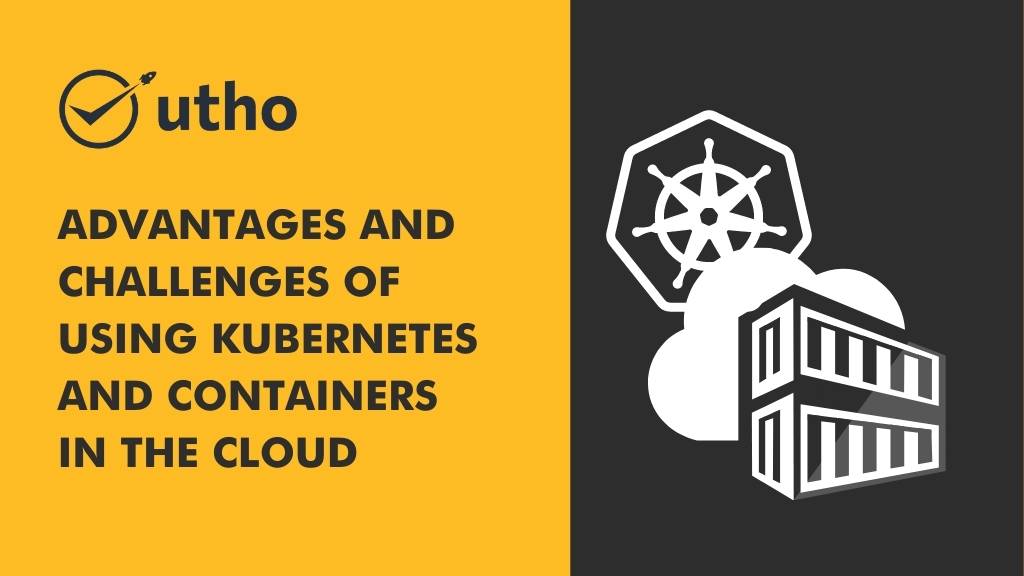Introduction
Kubernetes and containers are two buzzwords that have been floating around in the tech industry for a while now. But what exactly are they and how can they benefit your cloud infrastructure? In this article, we will explore the advantages and challenges of using Kubernetes and containers in the cloud.
What are Kubernetes and Containers?
Kubernetes is an open-source container orchestration platform that automates the deployment, scaling, and management of containerized applications. Containers, on the other hand, are a lightweight and portable way to package and run applications, along with all of their dependencies.
Advantages of Using Kubernetes and Containers in the Cloud
Improved Scalability
Kubernetes and containers can help improve the scalability of your cloud infrastructure by allowing you to easily deploy and manage multiple instances of your application. This is especially useful during times of high traffic when you need to quickly scale your resources up or down.
Increased Portability
Containers are designed to be highly portable, meaning they can run on any cloud infrastructure regardless of the underlying hardware or operating system. This allows for greater flexibility and makes it easier to move your applications between different cloud providers or environments.
Improved Resource Utilization
Containers are highly efficient and can be run on a single machine or distributed across multiple machines, which helps to improve resource utilization and reduce costs.
Faster Deployment Times
Kubernetes and containers can help to reduce deployment times by providing a standardized way to package and deploy applications. This means that you can quickly and easily deploy your applications without having to worry about the underlying infrastructure.
Challenges of Using Kubernetes and Containers in the Cloud
Complexity
One of the biggest challenges of using Kubernetes and containers is their complexity. Setting up and managing a Kubernetes cluster can be a daunting task, and requires a deep understanding of the underlying infrastructure and networking.
Security
Containers are designed to be lightweight and portable, which makes them vulnerable to security threats if not properly secured. It is important to ensure that your containers are properly configured and secured to prevent unauthorized access or data breaches.
Resource Overhead
Kubernetes and containers require additional resources to run, such as memory and CPU. This can lead to increased costs if not properly managed.
Conclusion
Kubernetes and containers offer a number of advantages for managing your cloud infrastructure, including improved scalability, increased portability, improved resource utilization, and faster deployment times. However, they also come with their own set of challenges, such as complexity, security, and resource overhead. It is important to carefully consider these factors when deciding whether or not to use Kubernetes and containers in your cloud environment.
If you are interested in learning more about Kubernetes and containers, or need help managing them in your cloud environment, consider contacting MicroHost. As a leading cloud hosting provider, MicroHost offers a range of cloud hosting solutions to help you manage and scale your applications with ease. Visit our website at https://utho.com/ to learn more.




